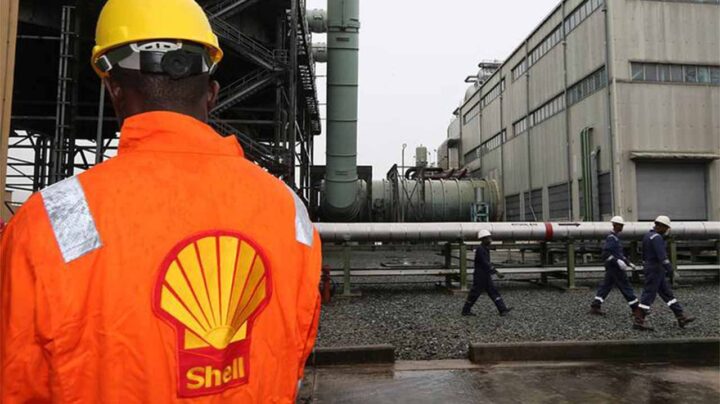The International Energy Agency (IEA), in its 2022 Africa energy outlook report, has proposed certain measures for more Africans to have access to electricity by 2030.
The report provides an analysis of how African policy-makers can make informed long‐term decisions to achieve better power supply, which will also involve global support.
“This Outlook explores a Sustainable Africa Scenario (SAS) in which Africa rides these shifting tides to achieve all African energy‐related development goals on time and in full. This includes universal access to modern energy services by 2030 and the full implementation of all African climate pledges,” the report reads.
“Realising all of these goals is a formidable undertaking. African countries need to take the lead with clear strategies and policies, while international institutions must reinforce their commitment to significantly increase their levels of support.”
Advertisement
IEA cited the COVID pandemic as having a negative impact on the power sector, adding that the pandemic “has pushed more than 20 African countries into debt distress and reversed progress on expanding access to electricity”.
“During the pandemic, countries were forced to borrow even more to respond to the health and economic crises, with already highly indebted countries finding themselves increasingly denied of private credit market access,” the report reads.
“In sub‐Saharan Africa, debt rose from around 30% of GDP in 2014 to 50% in 2019 and more than 57% in 2020 – the highest level in almost two decades. In North Africa, debt rose by 12 percentage points over the same period to 88% of GDP. The structure of this debt has changed substantially in recent years, with countries taking on a broader range of creditors, including private commercial banks or foreign currency-denominated bonds on private credit markets.”
Advertisement
The report further attributes the difficulties in the energy sector across Africa, especially concerning efforts to improve access to modern energy services, to COVID, adding that the lockdown and associated economic crisis affected energy affordability for the most vulnerable households and businesses, and delays in completing critical infrastructure projects.
“In 2021, 43% of the population of Africa, around 600 million people, still lacked access to electricity, 590 million of them were in sub‐Saharan Africa,” the report reads.
“The pandemic has slowed the rate of both new grid and off‐grid connections. This reflects a combination of logistical and financial hurdles related to the disruption in supply chains caused by lockdowns and other social restrictions, as well as the financial difficulties of households, utilities, and equipment suppliers caused by the pandemic‐related slump in economic activity.”
The report, however, highlights marked differences among African countries, noting progress in some and regress in others.
Advertisement
Amid concerns over access to clean cooking fuels, affordable gas prices, pollution, among others, the IEA says with the right policies in place, an improvement can be guaranteed in the power sector.
According to Faith Bidal, executive director of the IEA, to realise this task, an annual investment of $25 billion is needed.
“I would like to highlight here just one of the starkest examples: Bringing access to modern energy for all Africans calls for an investment of USD 25 billion per year – a sum equivalent to the cost of building just one liquefied natural gas terminal,” she was quoted as saying.
“This underscores the indisputable case for greater efforts to achieve universal energy access and that reaching this goal is well within our means as a global community.”
Advertisement
The report also calls for another $22 billion to fund infrastructural projects.
Meanwhile, the amount proposed by the IEA is a fraction of the annual $100 billion pledged by richer countries to pay African countries affected by climate pollution.
Advertisement
The pledge will be revisited at the 2022 United Nations climate change conference (COP27) in Egypt in November.
According to the Africa energy outlook, “Africa will remain a minor contributor to global emissions, yet it needs to do far more to adapt to climate risks than the rest of the world”.
Advertisement
The report describes the COP27 as a “crucial platform for African leaders to work globally to identify ways to drive these changes”, while it is expected that multilateral development banks make increasing financial flows to Africa, as an “absolute priority”.
Advertisement
Add a comment






